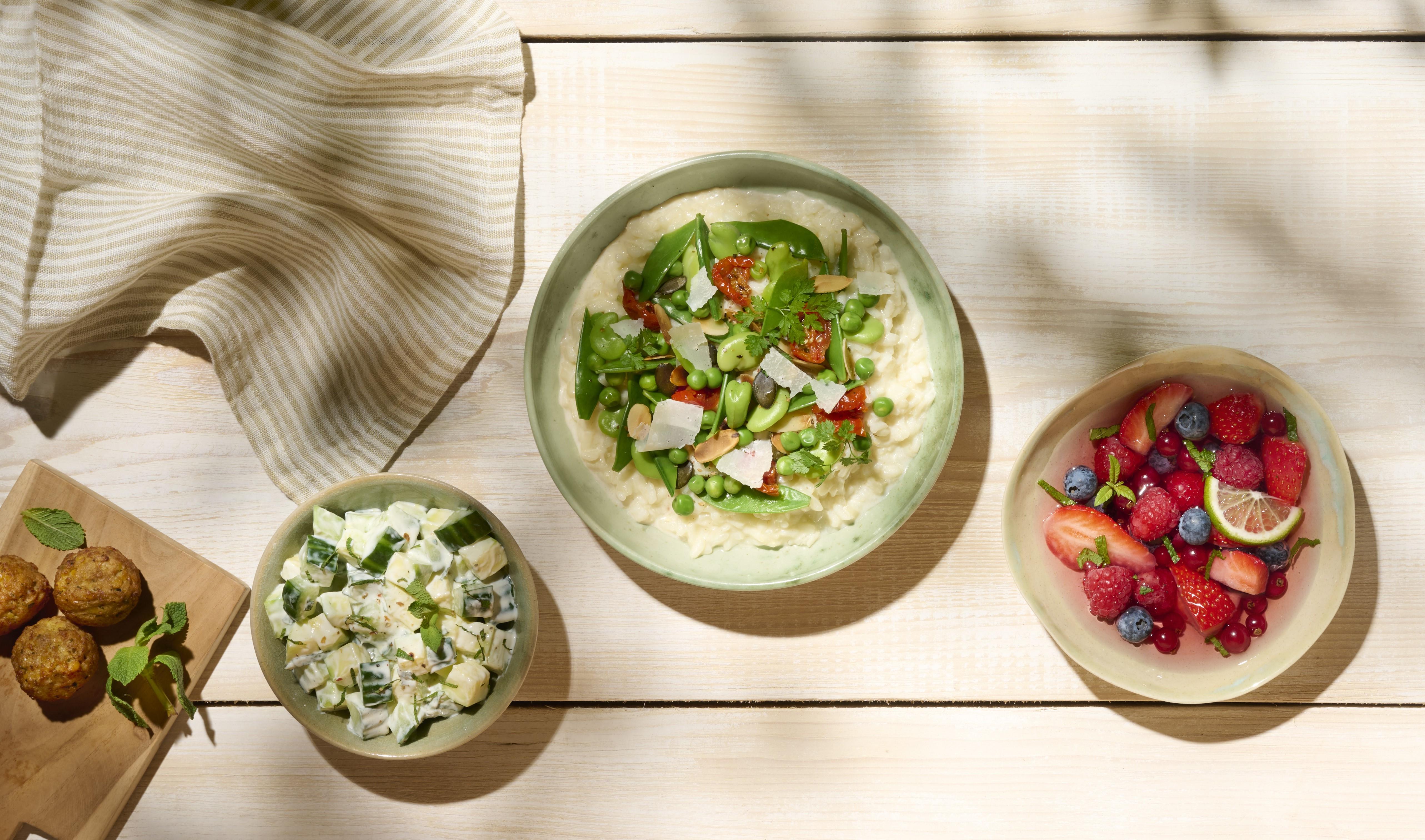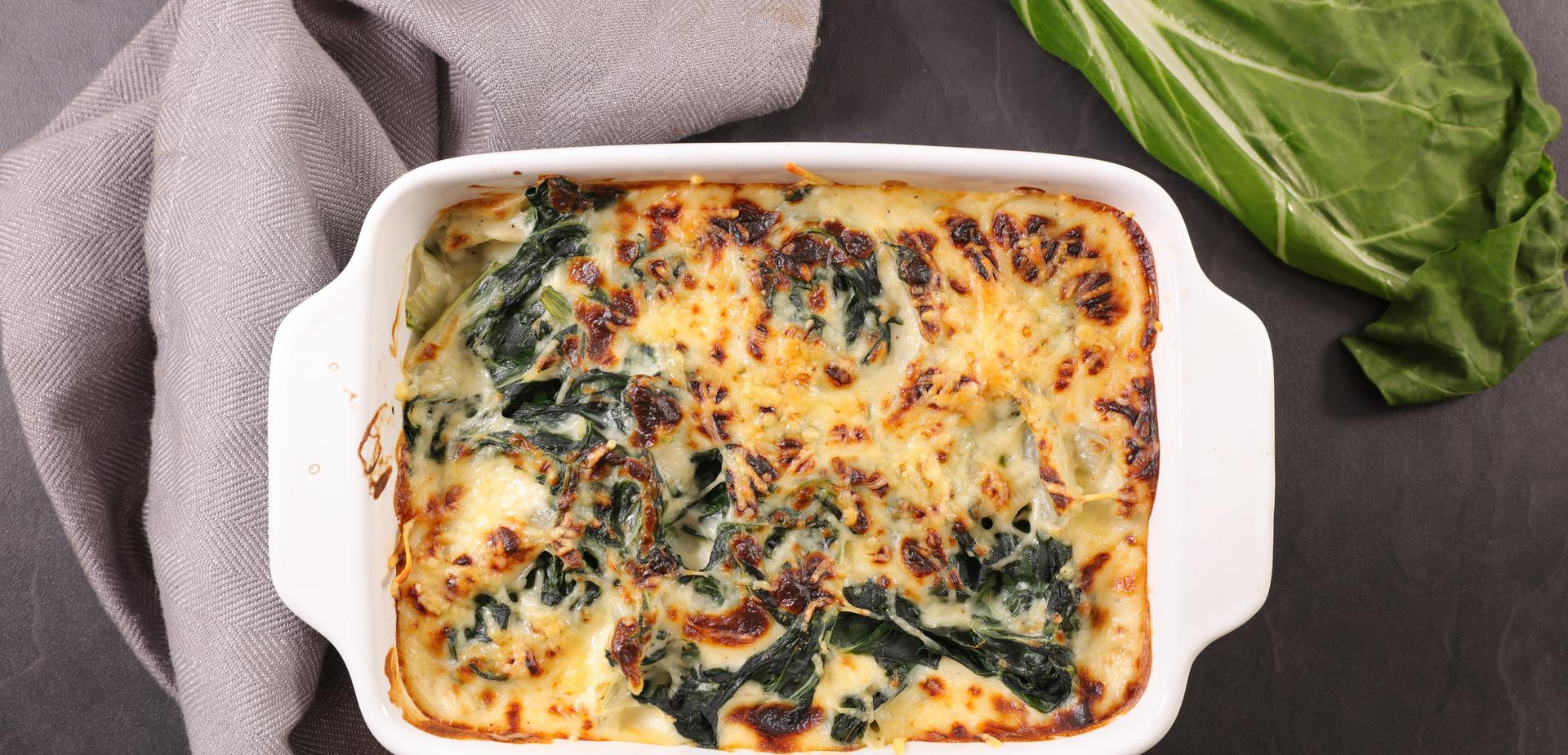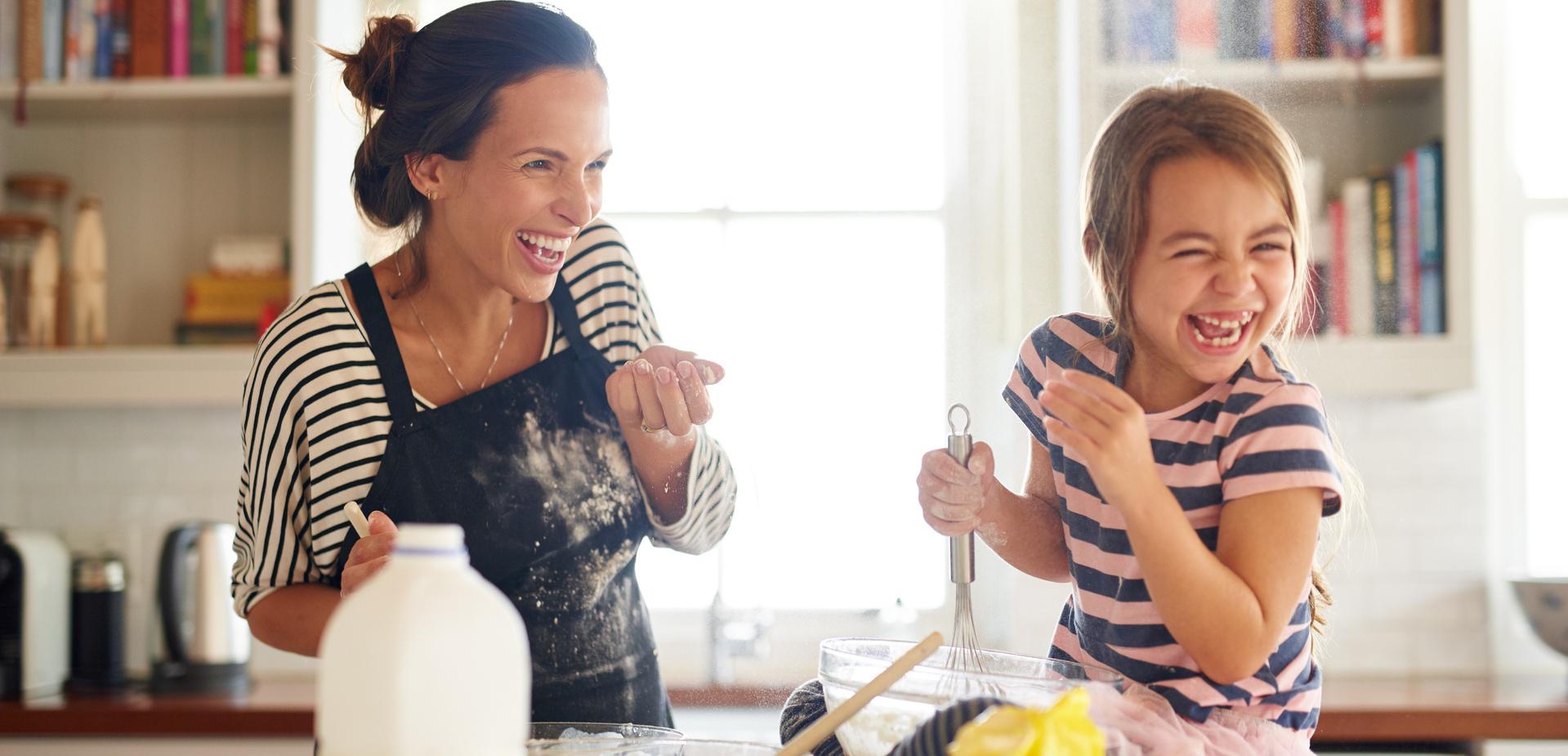.jpg)
Our tips and ideas for a zero waste kitchen
Every year, just in France, nearly 10 million tonnes of food that’s fit for consumption goes to waste – including about 20 kg of leftovers thrown away per person (according to the ecological transition agency, ADEME). It’s perfectly possible to produce less food waste by rethinking our habits around cooking and eating. And there’s no reason for it to make life more complicated! As we celebrate Sustainable Gastronomy Month at Campanile, we’ll highlight some of the ways you can cut down on food waste in your home. And not just you, but your whole family can do their bit.
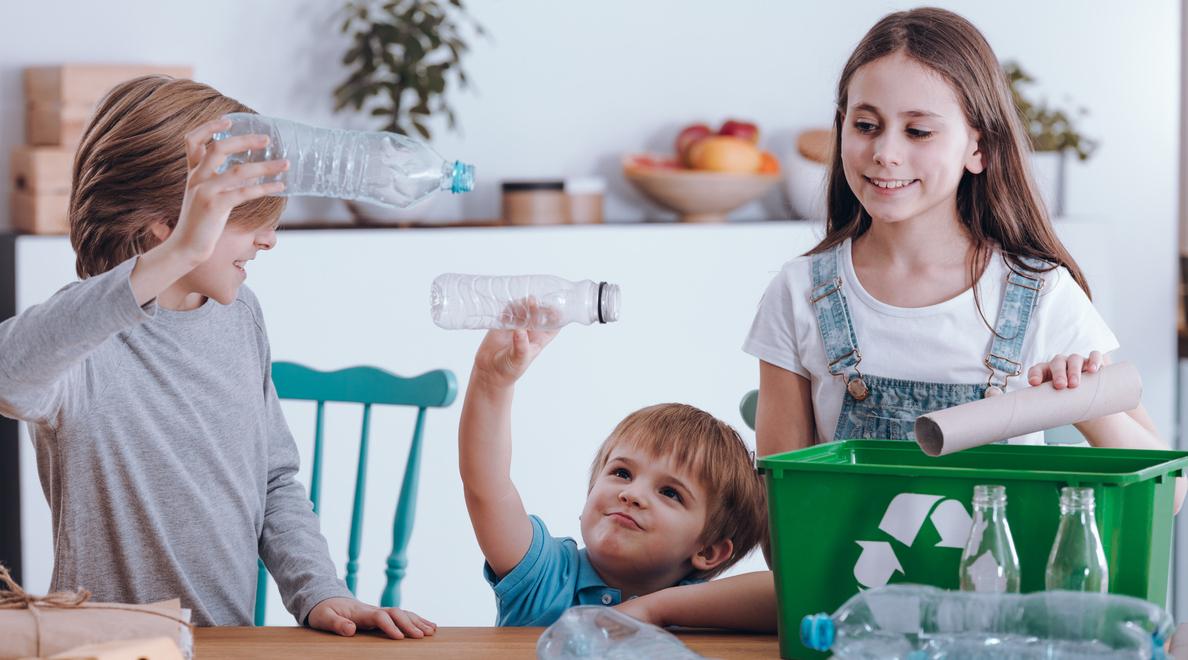
You don’t have to radically change everything at once, but you can start reducing the amount of waste you generate by practicing the 5 Rs:
- Refuse things you don’t need, including single-use products
- Reduce the amount you consume
- Reuse where possible
- Recycle anything that can’t be reused
- Rot whatever’s left (compost organic waste)
A word of advice, though – don't turn your family’s entire lifestyle upside-down overnight. Take it one step at a time! We won’t achieve zero waste instantly, just by waving a magic wand.
.jpg)
When you’re out food shopping, buy loose produce where you can! Why is that better? Because if you opt for unpackaged foods, you cut down on packaging and you only buy the exact quantity you need. Carry your own fabric shopping bags, and store loose provisions in jars – it’s a great opportunity to reuse those pretty old jam jars! There are lots of things you can buy by weight in supermarkets, food stores and specialist or organic shops, including fruit and vegetables, pulses, coffee, bread, rice, pasta, flour.... The goal is to gradually eliminate plastic from your kitchen altogether!
Bonus tip
In France, tap water is one of the most tightly controlled food resources. It’s subject to continuous quality monitoring to make sure it’s safe for people to drink. So you can forget about plastic water bottles and get your drinking water straight from the tap!
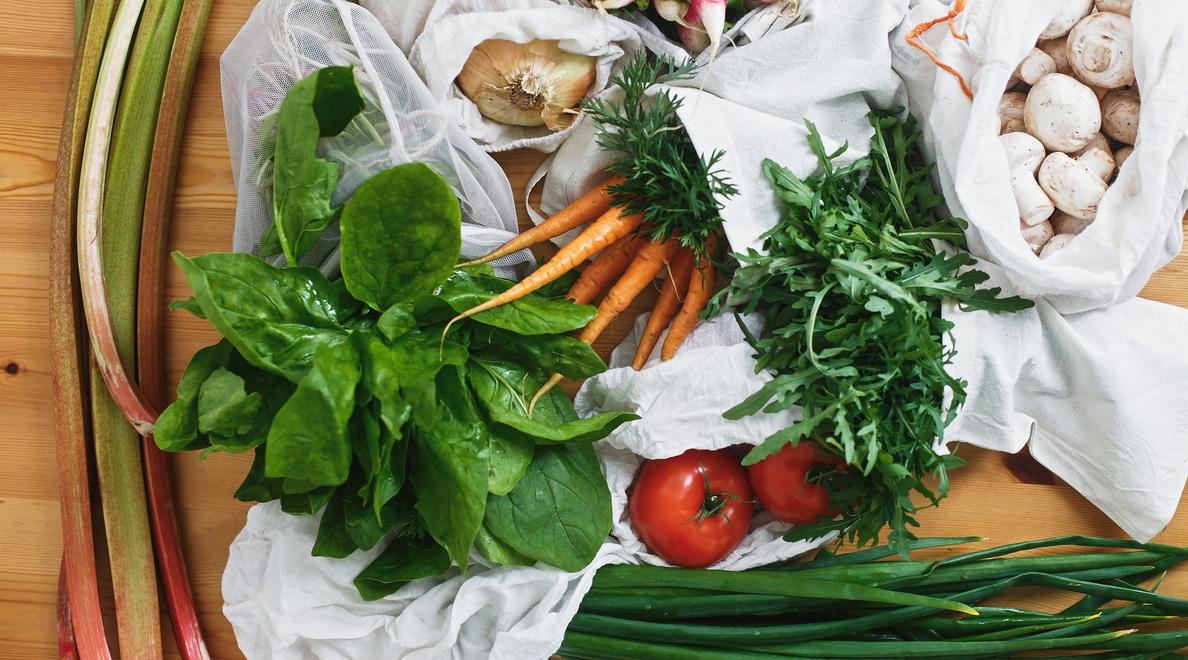
According to official statistics, people in France generate an average 29 kg of food waste per person per year – including 6 kg of food that wasn’t even taken out of its packaging! This doesn’t have to happen. One way of ensuring you only buy what you need is to plan meals in advance with your household and make a shopping list (kids especially love to read them in the supermarket!) Always check the expiry dates on your purchases. You can also buy misshapen or “imperfect” fruit and vegetables, which fail to meet the retailers standard sizes. They still taste just as good, and your children will happily munch on them once they’re peeled and sliced. On a final note, remember to store food properly in your kitchen so that you don't end up with forgotten pieces of fruit at the bottom of the bowl, or old yoghurts at the back of the fridge!
Bonus info
The "best before" date on products is exactly what it says – it means that after this date has passed, you still have a few days left to eat it without any health risk to you or your children!
.jpg)
Stale bread is great for making French toast, leftover meat can be used for pies, and potato peelings make delicious crisps... In a zero waste kitchen, the motto is “waste not, want not” – nothing is thrown away, everything is transformed into something new! There are plenty of family-friendly no-waste recipes to help fire your imagination.
Keep your vegetable peelings to make nutrient-rich stock that you can use in different recipes. Bruised fruit can also be turned into delicious desserts. Here’s a sample recipe for an avocado lemon dessert with chia seeds. Fancy giving it a try? Here’s what to do.
To make 10-12 servings, you’ll need:
6 apples
4 pears or 6 kiwis (or a mixture of both)
4 medium avocados
6 level tablespoons chia seeds
5 tablespoons honey (or 6 tablespoons of agave syrup)
Juice of 2 lemons
Mix the fruit and avocadoes in a blender, then add the lemon juice. Blend again. Slowly add water until it reaches the right consistency (not too runny). Pour into verrine glasses and chill for at least 1 hour. Serve sprinkled with roasted nuts or a crumbled dry biscuit.
.jpg)
Regardless of whether you live in a house or a flat, composting is the best way of all to recycle food waste. Most kitchen waste (peelings, coffee grounds, eggshells, tea bags) can be composted, and in a few months, you’ll have a natural fertiliser for your vegetable garden or indoor plants. Composting will reduce your household waste by at least a third and it helps children learn about separating waste. That’s a double win!
Did you know?
As of 1 January 2024, all households in France will have to separate out their biodegradable waste. People who don’t have any outdoor space will be able to drop theirs off at collection points set up by the local authority.

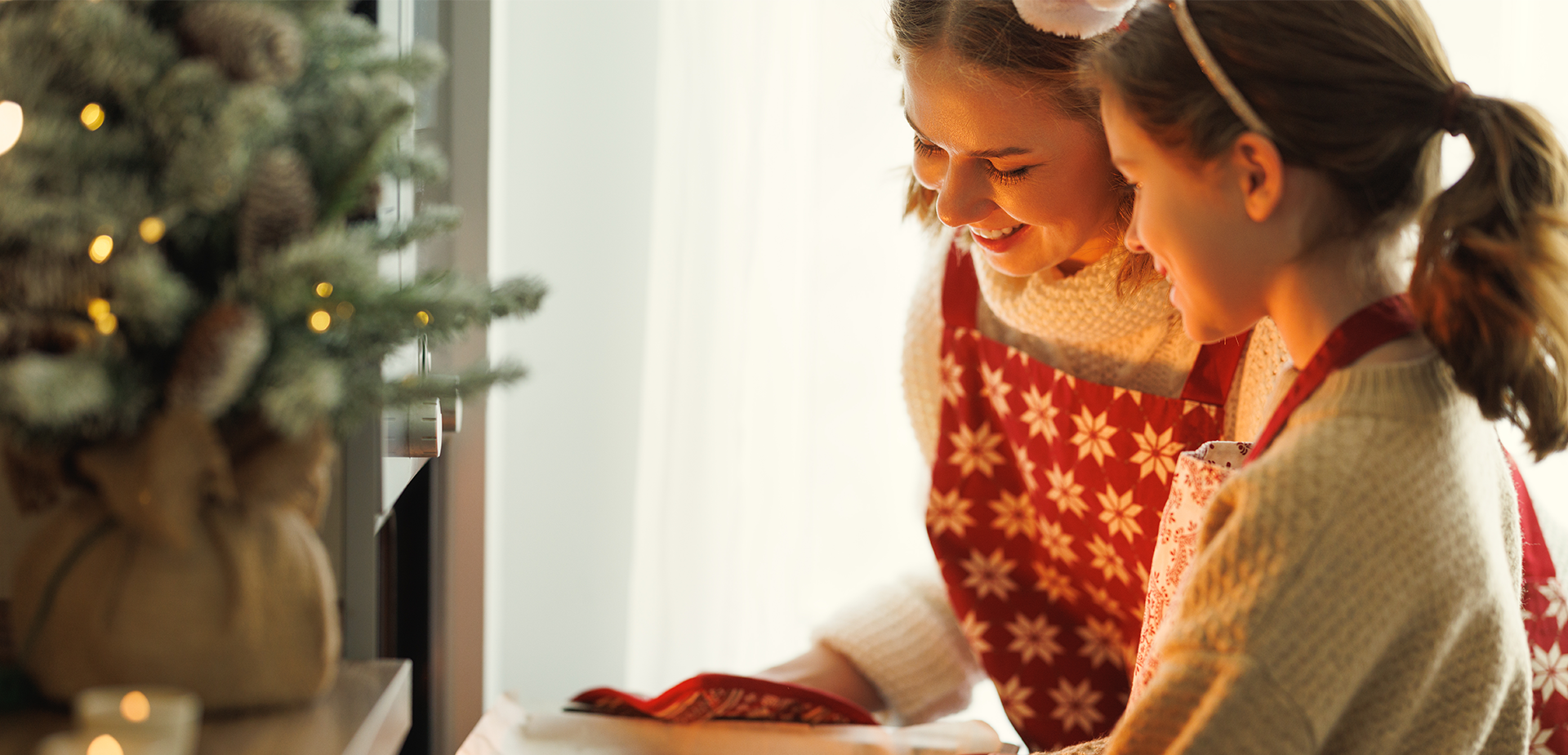

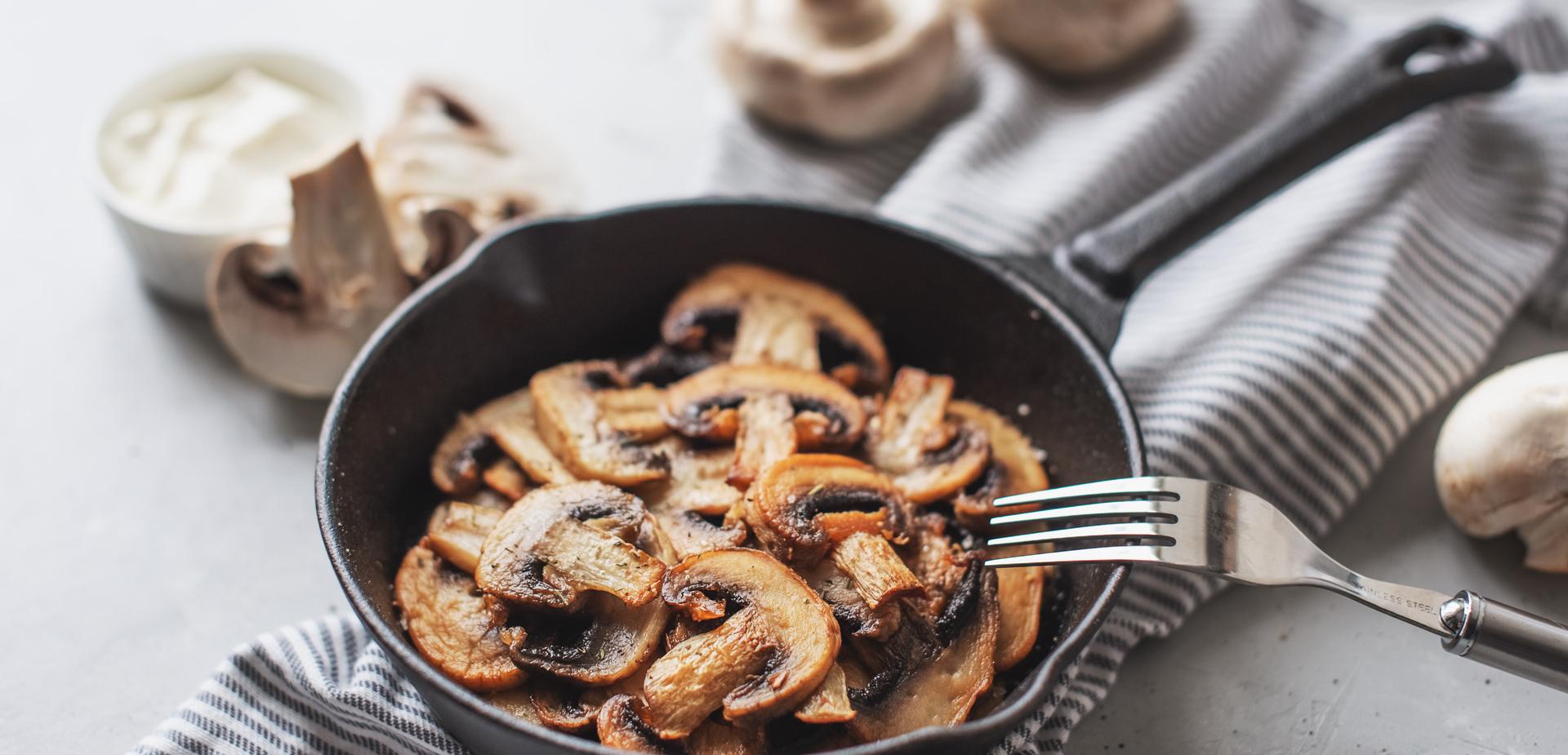

.jpg)
